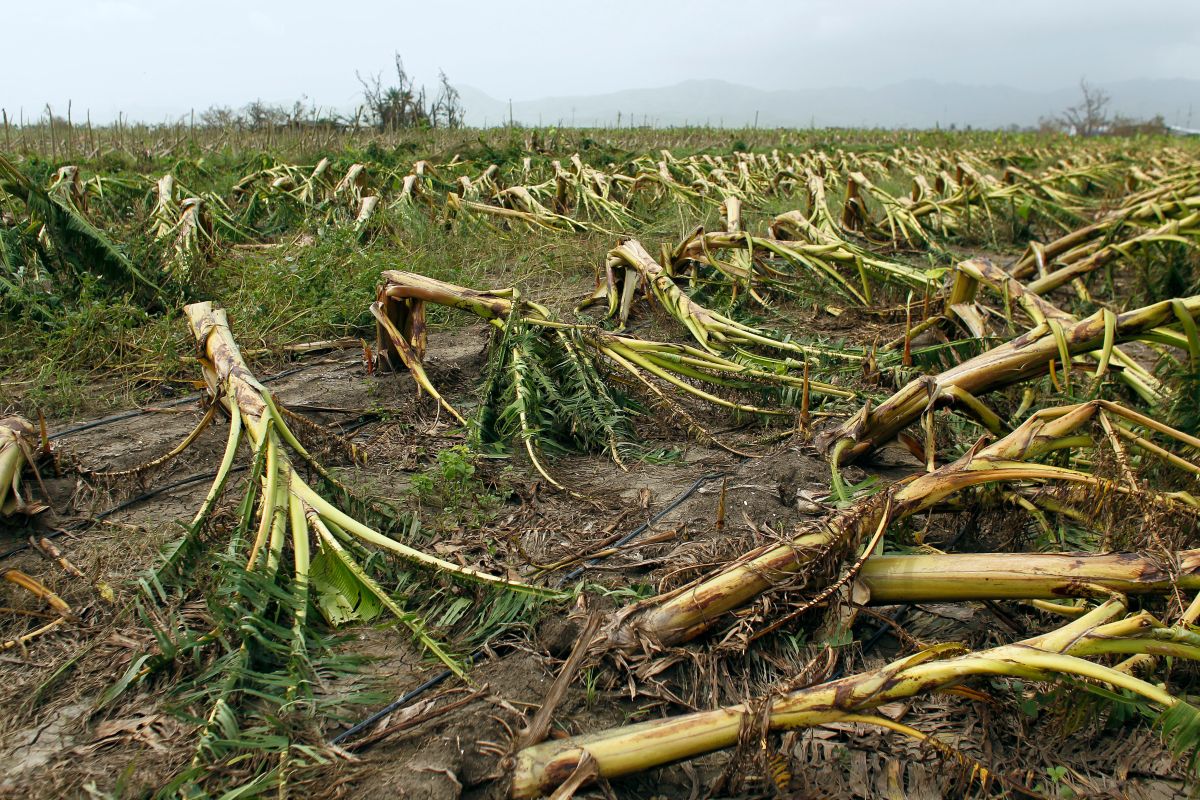SAN JUAN – The United States Department of Agriculture (USDA) announced on Tuesday the details of three projects that will favor agriculture in Puerto Rico in order to reduce imports from the island and implement climate-smart measures.
“USDA is committed to working with our partners to expand opportunities for small growers and disadvantaged growers here in Puerto Rico,” Secretary Tom Vilsack said in a statement.
The USDA reported that it will impact the island with three projects, the first of which is to diversify and increase the production of pastures and forages while applying climate-smart farming methods and quantifying environmental results.
On the other hand, it will support small coffee farmers in Puerto Rico to make the transition to climate-smart agricultural and forestry practices by identifying viable practices and supporting their implementation on farms.
The third project will offer financial incentives to disadvantaged farmers to adopt climate-smart agricultural and forestry practices for the production of coffee and other commodities.
The institution noted that since Puerto Ricans depend on imports for more than 85% of their food supply, the ability of farmers to expand into citrus, plantains, cocoa and other crops for domestic consumption would have significant economic benefits. and food safety.
“These growers face the impacts of climate change head-on, with limited resources, and have the most to gain from tapping into growing market demand for climate-smart and sustainably produced produce,” added Vilsack. .
To date, USDA has announced $3.1 billion for 141 projects through the Climate-Smart Commodities Partnerships.
These projects support activities that will expand and increase producer access to markets for climate-smart commodities.
They will also provide financial and technical assistance to support the application of production practices.
Incentives for smart raw materials
These projects are among 141 that will expand markets for US producers producing climate-smart raw materials.
“We look forward to working with partners such as Victus, the United States of America Cooperative League, and Caribbean Regenerative Community Development to expand markets for climate-smart commodities and ensure that smallholders benefit from these market opportunities,” the secretary said. .
According to a statement released by the Department of Agriculture, it is estimated that more than 60,000 farms will be reached, covering more than 25 million acres of farmland dedicated to climate-smart production practices.
In addition, nearly 100 universities, including more than 30 minority-serving institutions, will participate in the initiative.
Proposals for the 141 selected projects include plans to match an average of 50% of federal investment with non-federal funds.
